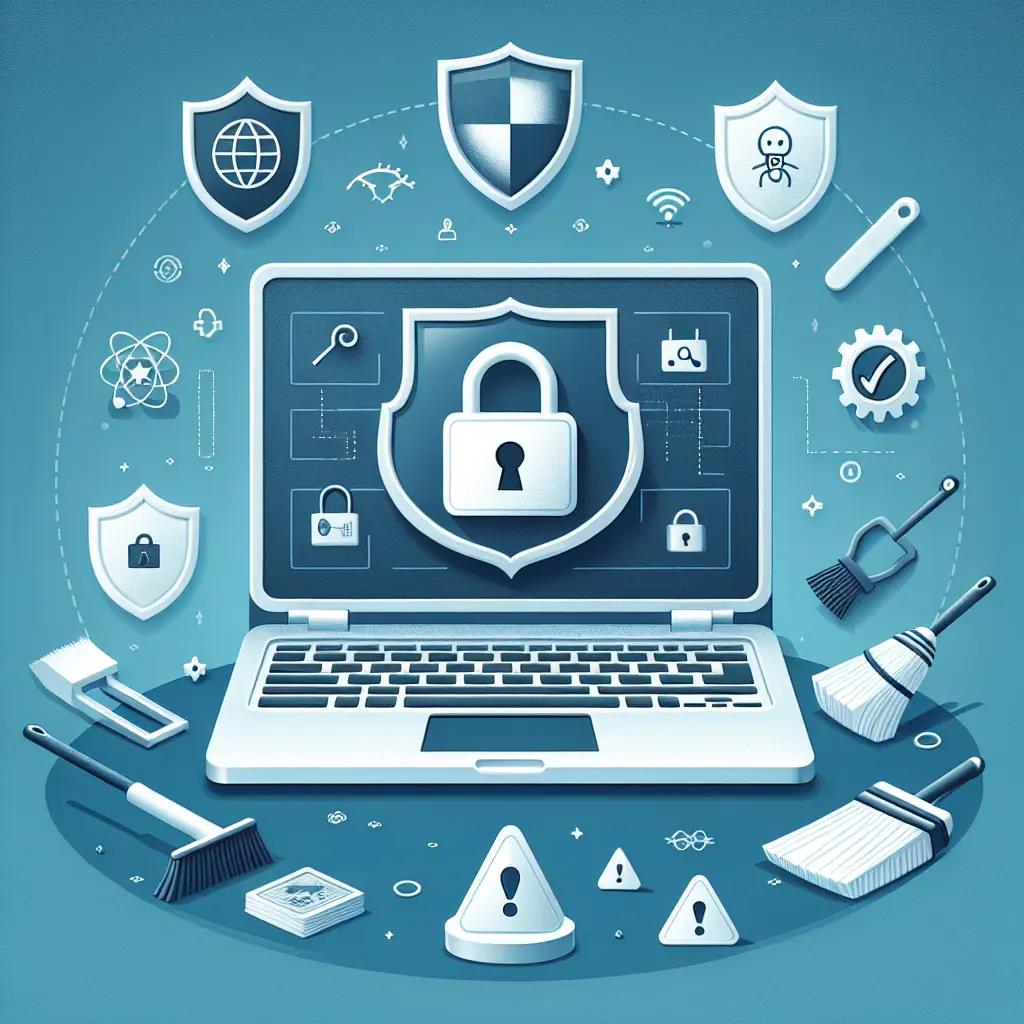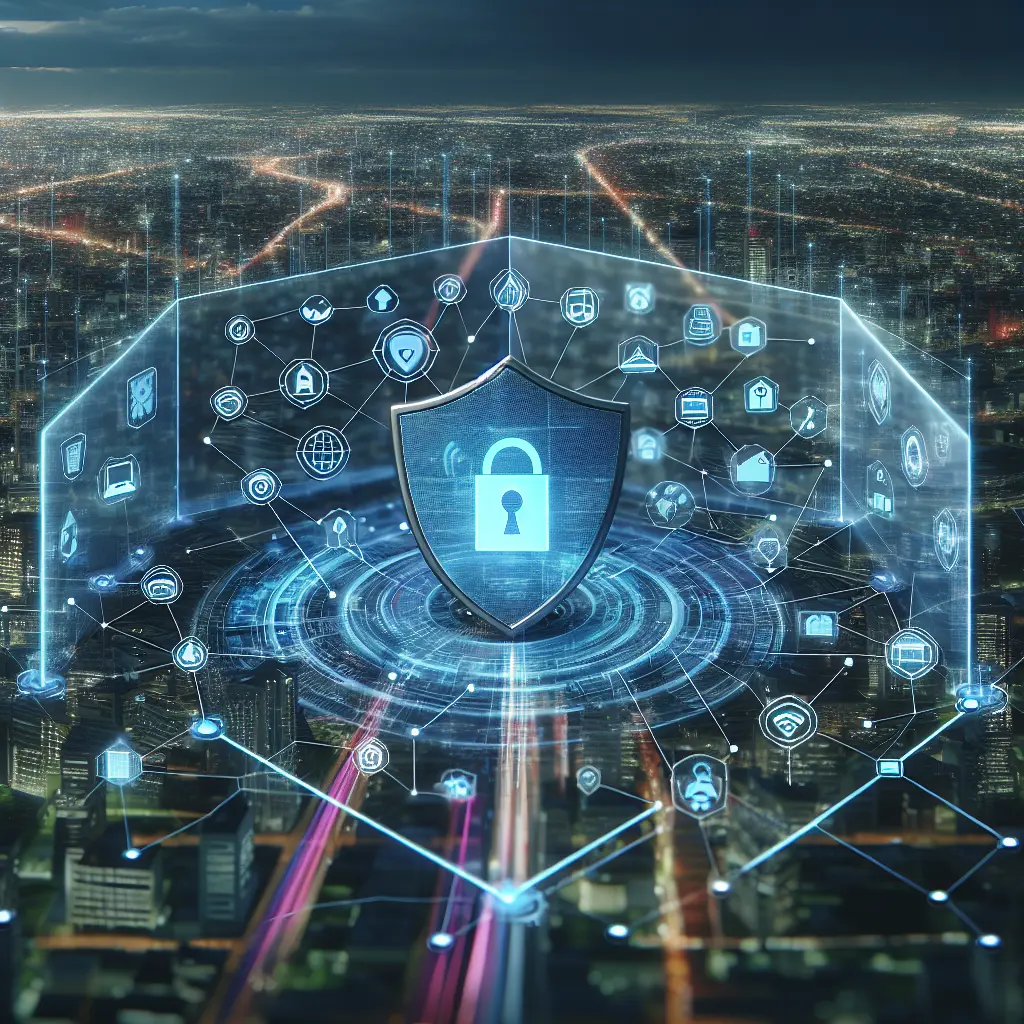In today's increasingly digital world, the significance of cyber hygiene in safeguarding personal data cannot be overstated. As we engage in daily online activities, from banking to social networking, we unknowingly expose ourselves to numerous cyber threats. Understanding the importance of personal data protection and adopting robust cybersecurity best practices is essential for maintaining data security and ensuring online safety.
Cyber hygiene encompasses a set of practices and secure online habits vital for protecting personal information against unauthorized access and preventing cyber threats. Just as we maintain physical cleanliness to prevent illness, digital hygiene involves proactive measures to secure personal data and ensure online privacy. Whether you're a seasoned tech enthusiast or a general user, cultivating cybersecurity awareness is crucial for defending against potential breaches.
The world of cybercrime is dynamic, with threats constantly evolving. A recent discovery of a 3,000-account hacker network on GitHub demonstrates how cybercriminals exploit reputable platforms to breach data security. This "ghost" network actively spreads ransomware and info stealers, underscoring the necessity of prioritizing cyber hygiene as part of a comprehensive data security strategy.
Another illustrative case is the widespread disruption caused by CrowdStrike's global outage. This event affected critical services, including hospitals and airports, highlighting how a single cybersecurity glitch can have far-reaching consequences. These incidents reinforce the importance of robust cyber hygiene practices in protecting personal data and ensuring online safety.
What specific actions can you take to fortify your defenses? Cyber hygiene involves a series of practices designed to protect personal information and enhance data privacy. Here are some critical strategies:
Cyber Hygiene Strategies for Personal Data Protection
Regular Software Updates: Keeping software up-to-date is fundamental for closing security loopholes. Outdated systems are prime targets for cyber threats.
Strong, Unique Passwords: Using complex passwords and changing them regularly can prevent unauthorized access.
Two-Factor Authentication (2FA): Adding an extra layer of security makes it significantly harder for hackers to gain access to personal accounts.
Phishing Awareness: Educating yourself about phishing scams can help you recognize and avoid suspicious emails and links.
Lessons from Recent Events
The challenges faced by CrowdStrike, as reported in recent legal discussions, serve as a cautionary tale about the importance of meticulous cyber hygiene. The company's failure to prevent a major outage not only disrupted global businesses but also exposed vulnerabilities in its cybersecurity framework.
Moreover, the sabotage of internet cables during the Paris Olympics, as described in the BBC's coverage, underscores the physical threats that can compromise digital infrastructure. Such events necessitate a dual focus on both digital and physical aspects of cybersecurity.
As we navigate through our interconnected world, cultivating cybersecurity awareness becomes non-negotiable. It's about being proactive rather than reactive. For instance, in the realm of election security, proposed measures such as penetration testing for voting machines—highlighted in recent legislative proposals—demonstrate a proactive approach to safeguard critical infrastructure.
For individuals, integrating secure online habits into daily routines is vital. Here are some practical internet safety tips:
Regular Backups: Ensure that important data is backed up in multiple secure locations.
Secure Browsing Habits: Avoid clicking on unknown links or downloading unverified attachments.
Use of VPNs: Virtual Private Networks can enhance privacy by masking your IP address and encrypting your internet connection.
Building Resilient Cyber Defenses
The ability to protect personal information effectively hinges on fostering a culture of vigilance. This involves not only adopting cybersecurity best practices but also encouraging a broader understanding of data security principles within communities and organizations.
The targeting of political campaigns by groups like APT42, as detailed by Google's Threat Analysis Group, reminds us that cyber threats are not just technical challenges but also national security concerns. This makes cybersecurity awareness all the more critical.
In conclusion, as cyber threats continue to evolve, embracing effective cyber hygiene practices becomes essential for secure personal data management. By incorporating robust cybersecurity best practices into our daily lives, we can significantly enhance our online safety and data privacy. The examples provided here illustrate not only the potential risks but also the pathways to resilience.
As you reflect on your own digital habits, consider how you might better integrate these practices into your routine. What steps will you take today to safeguard your digital assets against tomorrow's threats? By prioritizing cyber hygiene, we can collectively strengthen our defenses against the ever-evolving landscape of cyber threats.










Leave a Comment